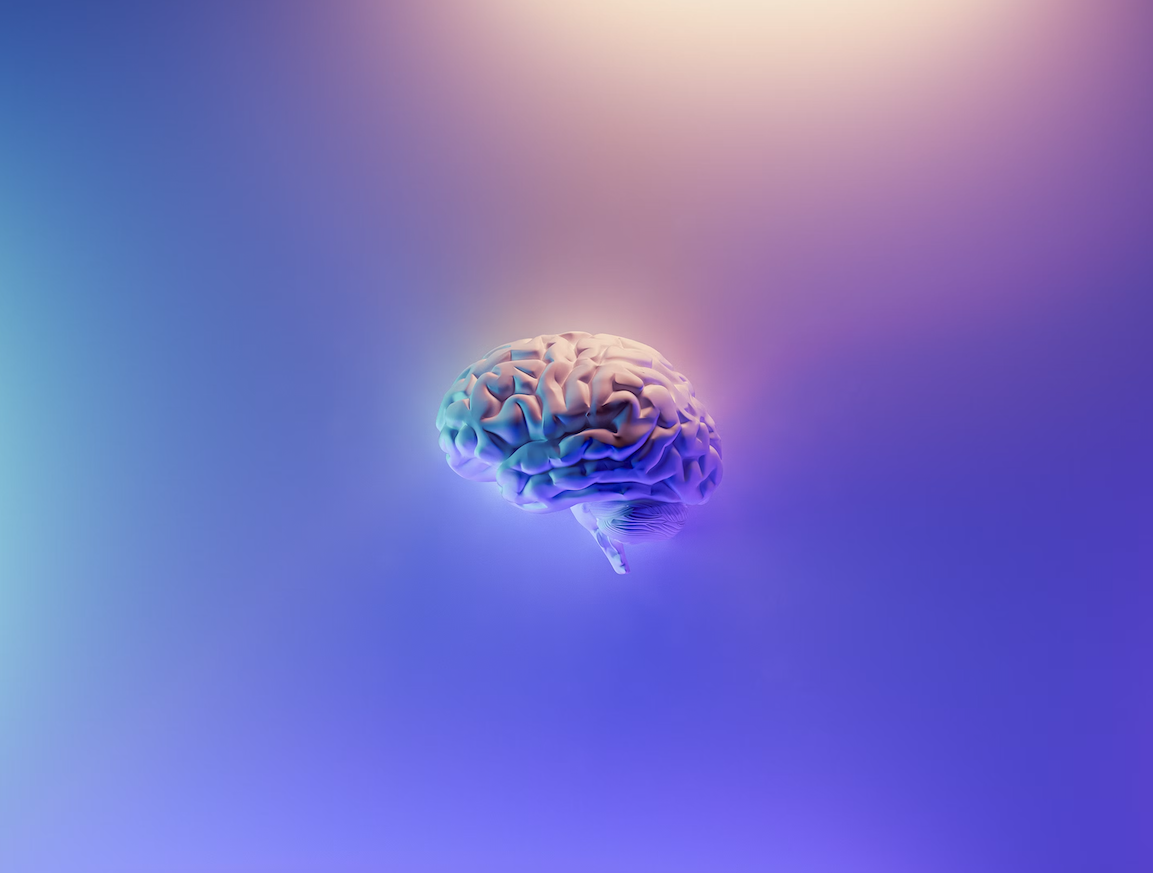During our teenage years, significant physical, emotional, and cognitive changes occur at a critical time in human development. During this time, the teenage brain goes through changes; therefore, it’s important to sort out the difficulties in its relationship to mental health. Many mental health conditions first appear in our youth, highlighting the need to comprehend the underlying neurological mechanisms. On our CCHS campus, students can discover the part played by our teenage brain in mental health.
Students in College Psychology 101 participate in a unit during which they can learn more about the teenage brain. They discover the biological perspective, which explains how our brain and body affect thoughts and behaviors. Mr. Caro, the College Psychology teacher, says students learn about “different kinds of chemical contributions to mental health and the different roles of stress.”
One of the most significant mental health factors a person may be experiencing is stress. In Psych 101, students are able to pick up on how our bodies’ reactions to these stressors can be adaptive or maladaptive, and once you understand how your body reacts, you can better understand how to deal with it. When teaching this course, Mr. Caro hopes that students will become aware of these little cognitive processes and apply them to their everyday lives.
“When people become better at managing their stress, they are better able to cope,” Caro says.
A former psychology student, Stella Carlson ‘24, described how the small cognitive processes she had learned helped her in daily life. Carlson acknowledged that when she is under stress, she finds exercise to be the most effective outlet. She was able to acknowledge the benefits exercise provided for her body, whether it’s cheer practice, yoga, or running. Carlson says, “When I’m really stressed, I run.” Discussing the biological perspective and hormone levels in her psychology class, she was able to find her favorite stress relief, exercise, which was one of the key and most useful topics covered.
Understanding the teenage brain in the context of mental health is more than just an academic subject; it is a critical concern for school communities. Schools, parents, and mental health professionals should collaborate to establish supportive environments that strengthen teenagers’ emotional well-being. We can help students not only navigate their youth, but also thrive and develop into resilient adults. By acknowledging the specific obstacles that the teenage brain experiences, we are investing not only in the mental health of today’s youth, but also in the future of our communities.






















































